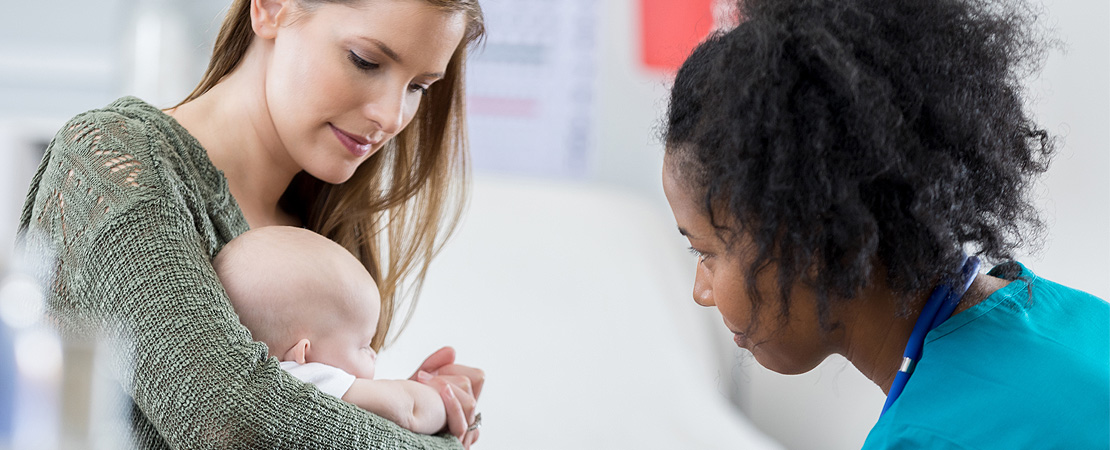‘Together again: from evidence to reality’ is this year’s theme for International Day of the Midwife. This time of celebration honours the efforts of midwives and their associations to action critical evidence and highlights the importance of collaboration and using evidence-based practices to improve maternal and newborn health outcomes.
Here at SCW, we want to celebrate our own registered midwives, Melissa Tucker and Sophie Joy, and their roles as Digital Project Managers. One of the critical success factors to service and care pathway redesign is that it is evidence and clinically led and this is driving the change and focus to eliminate disparities in maternity care. The newly mobilised Maternity Disparities Taskforce has been set up to address poor outcomes for women living in deprived areas and from minority backgrounds. These disparities are wide and varied and include the impact that digital poverty has on health inequalities, as evidenced in the World Health Organisation's (WHO) Global strategy on digital health 2020-2025. This is particularly relevant where a lack of infrastructure contributes to the burden of maternal and infant mortality.
As maternity services move to electronic patient records, digital midwives are key to reducing digital poverty. Most digital midwives work within individual trusts and Local Maternity and Neonatal Systems (LMNS). Digital midwives act as advocates for all women and pregnant people to ensure that services are user-centred, ensuring digital inclusion and an active partnership approach to care using data and evidence to combat inequalities.
They take clinical, data, and evidence-based approaches and combine this with their experience of implementing digital maternity systems to help address inequalities and ensure safer, people-centred care. They are strong advocates working at national, regional, local and provider levels to ensure that all women and pregnant people have access to their maternity records. Additionally, they advocate for adequate training for midwives in digital skills so that midwives can care for women effectively as we transition through the digital era.
Recently, we have supported them both to continue to develop their digital midwifery skills through the Digital Academy - Digital Maternity Leaders PG Certificate. This program provides midwives with the skills and knowledge they require to successfully navigate the digital landscape of maternity care, ensuring that they are equipped to provide high-quality, evidence-based care in a constantly evolving healthcare system. They are part of the first cohort of attendees being supported to achieve the government’s ambition to transform public services, deliver world-class digital technology and systems, and attract and retain the best in digital talent.
It has been an absolute privilege for Melissa and I to be part of the first cohort of the Digital Maternity Leaders programme. It has enabled us to develop our leadership skills whilst also learning how to truly implement user-centered design into our transformation work. This has empowered me to reconsider my interactions with pregnant women and people at every point in the digital transformation journey and has added such value to the work we deliver. With our focus on maternity disparities its absolutely vital that we consider the evidence and how we combine this with our personal impact to improve care for all and especially those who currently experience inequalities - Sophie Joy, Senior Project Manager, NHS SCW
If you’d like to find out more, then please contact









